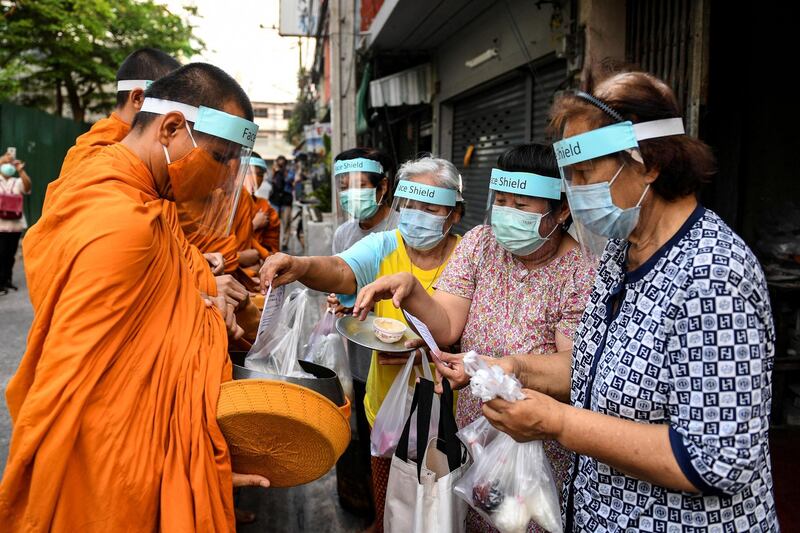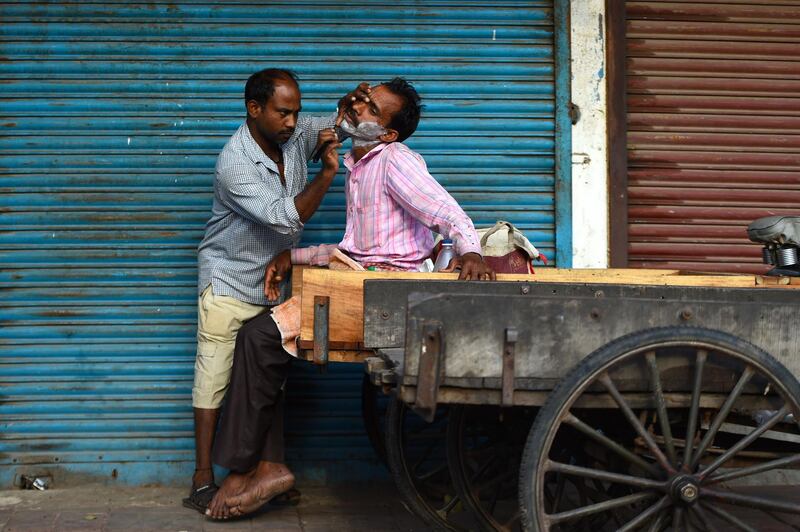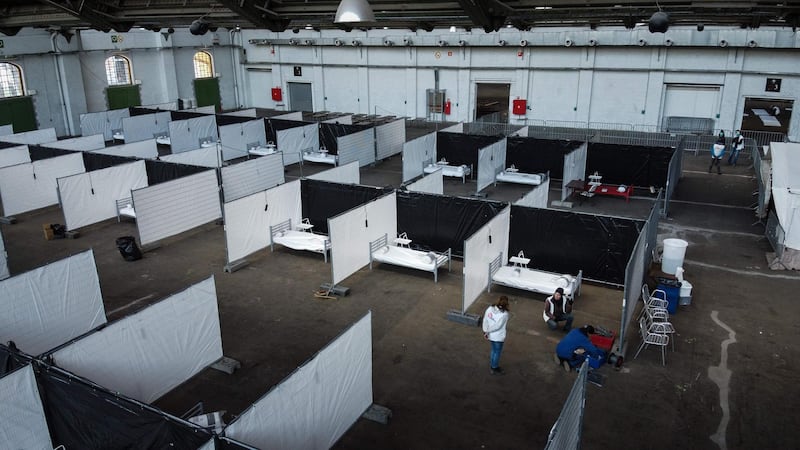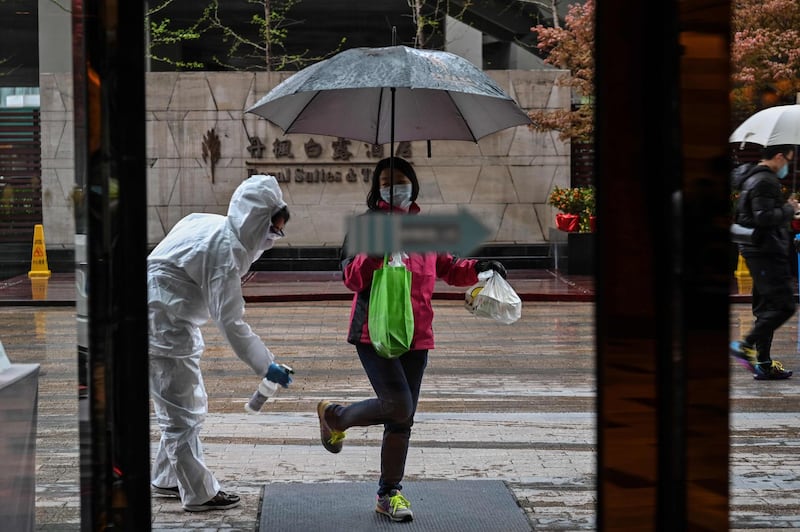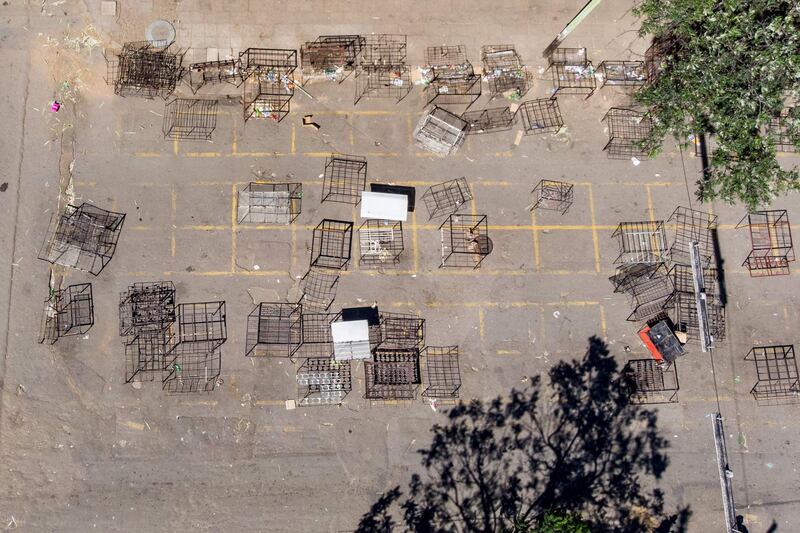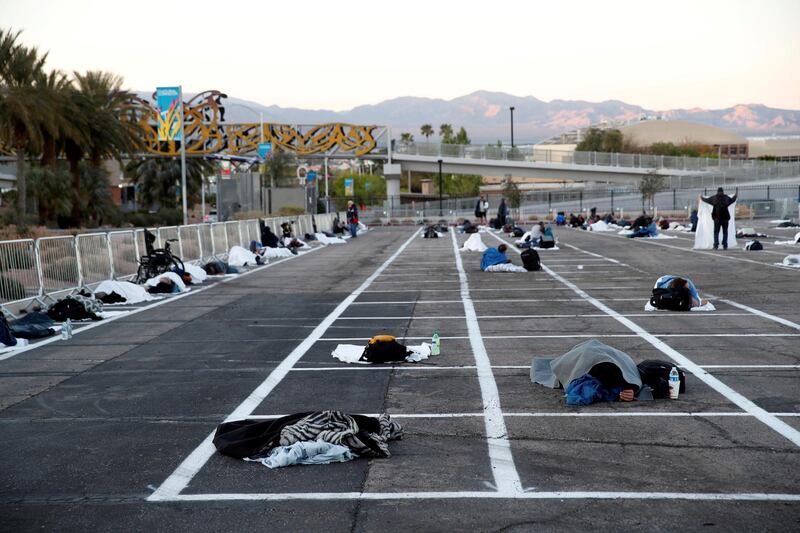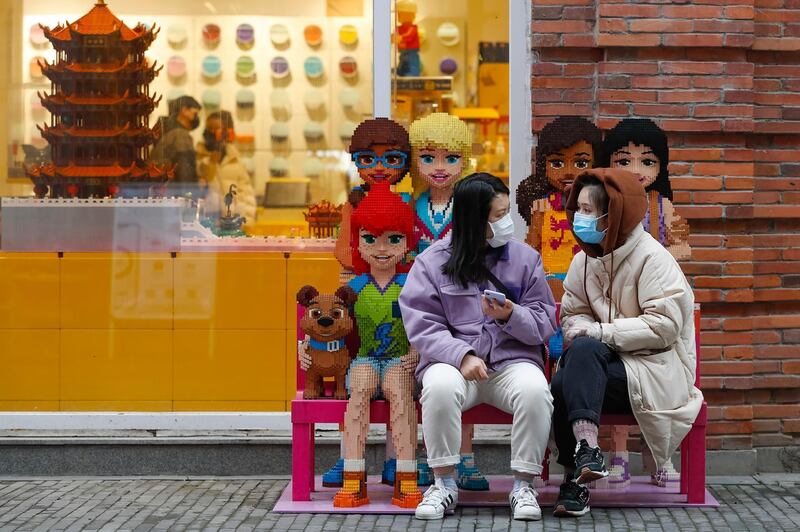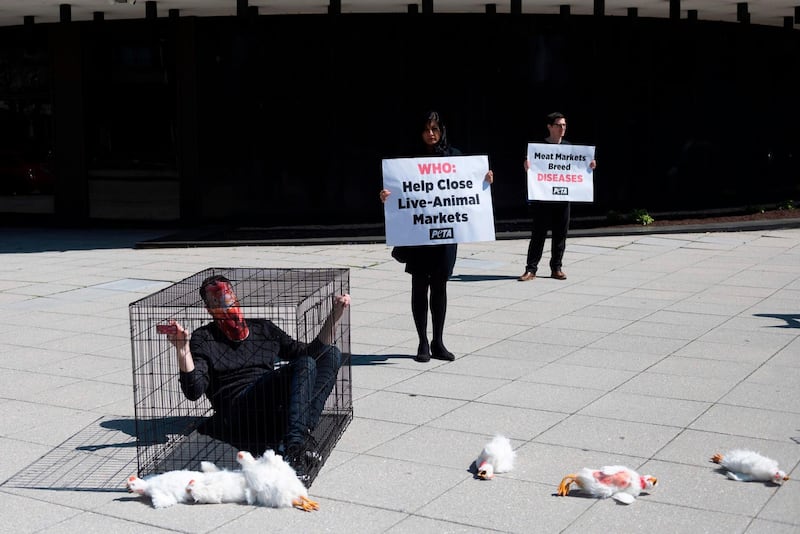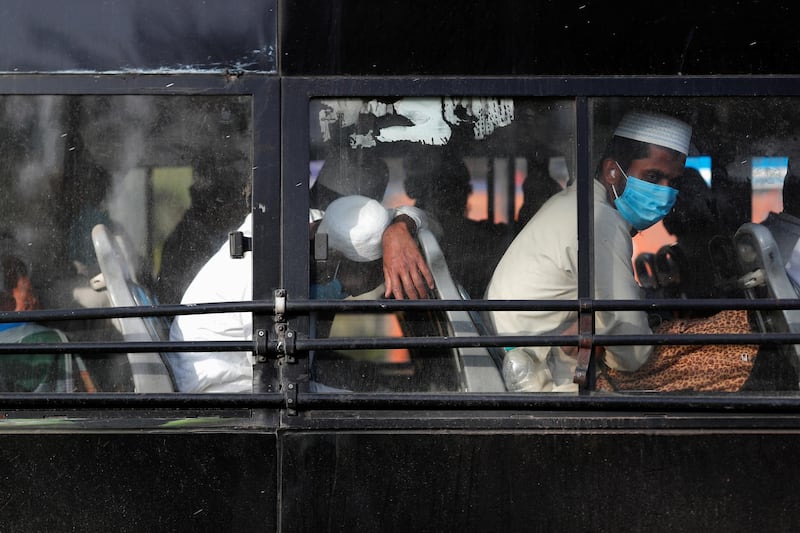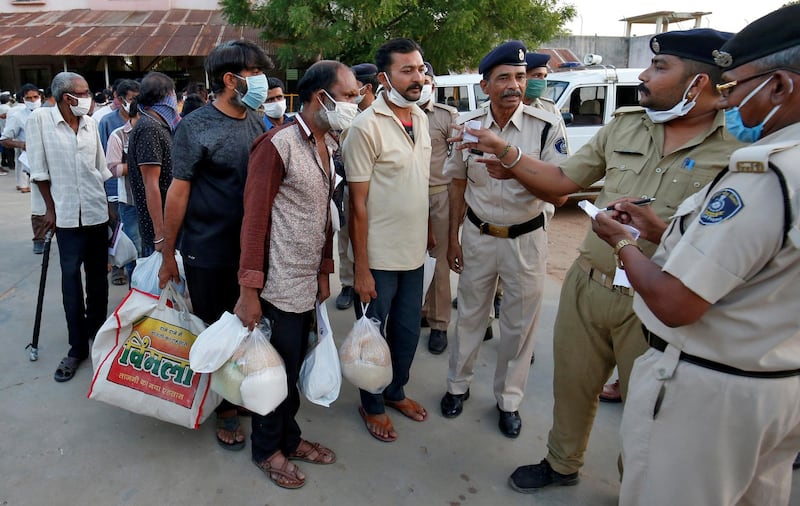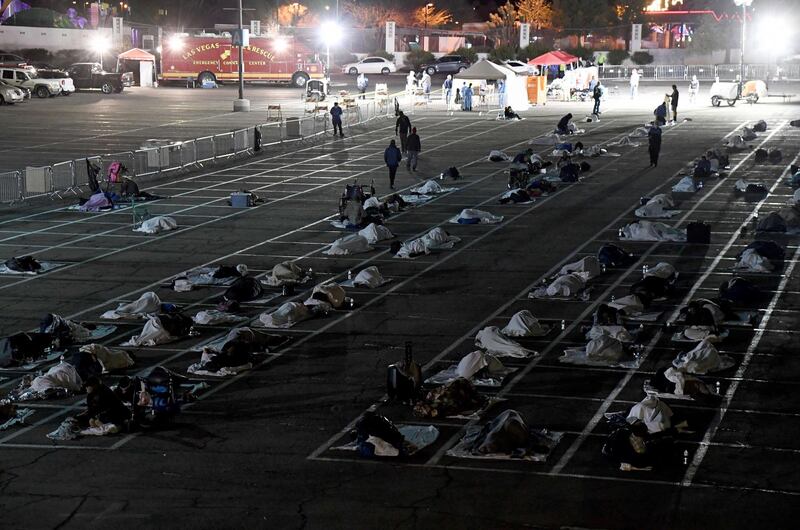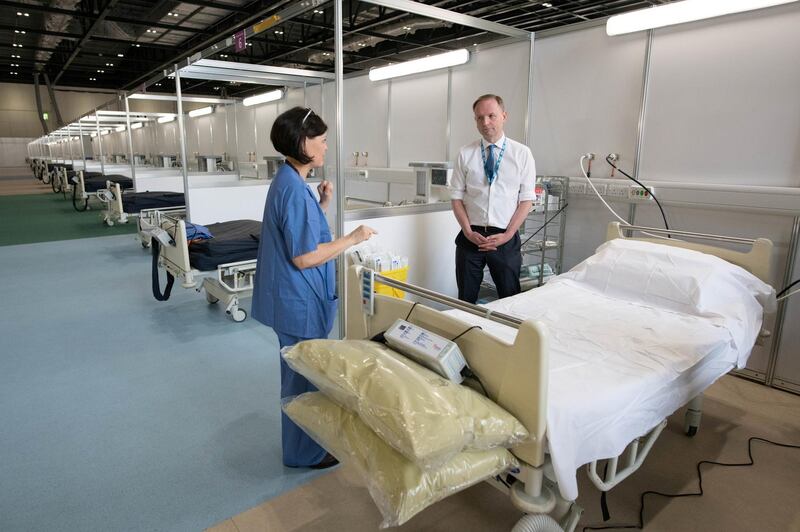Members of the global health community, led by Doctors Without Borders, are appealing to a US pharmaceutical company to forego patents and profit on a potential treatment for Covid-19 to ensure the medicine is made available to as many people as possible.
Gilead currently holds a patent, in more than 70 countries, for remdesivir, a drug being tested to treat coronavirus.
Preliminary results of the clinical trials are expected next month. However, Gilead has yet to agree not to enforce its patents globally.
When contacted by The National for comment, Gilead sent the open letter from the company's chief executive that was released on Sunday.
“If remdesivir is approved, we will work to ensure affordability and access so that remdesivir is available to patients with the greatest need," said Daniel O’Day, who is also the company's chairman.
This week, a consortium of 157 doctors and public health officials from across the world said this pledge falls short of ensuring universal access to the medicine.
“We are seriously concerned,” they wrote. “The Covid-19 pandemic affects every person. It is unacceptable for Gilead’s remdesivir to be put under the company’s exclusive control.”
The consortium demanded three commitments from the pharmaceutical company: that it would not claim exclusive rights on patents or trial data anywhere in the world; it would make public any data and know-how for drugmakers across the world to develop a generic version; and that it disclosed its manufacturing capacity and allowed independent governance to decide who got access to treatment.
Signatories include the UK’s War on Want, Woman Health Philippines, Women, Law and Development in Mozambique, World Vision Deutschland and the Yale Global Health Justice Partnership.
Doctors in Switzerland, India, Pakistan, Canada, the US and Nepal, among others, also signed.
As of Tuesday, Covid-19 cases topped 785,000 worldwide, with more than 37,800 dead and 165,000 recovered, according to data compiled by Johns Hopkins University.
Open source information and technology has been a key driver in problem-solving and finding treatments amid the Covid-19 pandemic.
By removing barriers such as cost and availability, open source promotes idea exchanges and can advance research.
Within a month of the first coronavirus case being reported in Wuhan, the disease’s entire genome sequence was published online to help researchers worldwide develop a vaccine.
Last month, Group 42, an artificial intelligence and cloud computing company in Abu Dhabi, said it would offer free AI computing power to scientific researchers working to contain the spread of the virus.
This month, in a similar move, IBM rolled out a programme to make its supercomputer, Summit, available to help build predictive models and explore potential treatments.
Media outlets and scientific journals have removed paywalls from coronavirus coverage.
What the open letter to Gilead amounts to, is a request from the public health community that the company commits to similar measures.
But Gilead addressed some of the hurdles to doing so.
In recent weeks, it rolled out a programme to provide remdesivir to more than 1,000 patients. The programme was designed by US regulatory authorities in a way that each application has to be reviewed on an individual basis.
“This works well when there is only a limited number of requests – as is normally the case – but the system cannot support and process the overwhelming number of applications we have seen with Covid-19,” Mr O’Day wrote.
The company is addressing this through a new expanded access programme of the investigational medicine for severely ill patients who cannot enrol in a trial.
For now, there are only a few facilities offering the programme in the US, with more to come in other countries “soon”.
“I know I speak for everyone at Gilead when I say how much we all wish we could help every patient in need,” Mr O’Day said.
